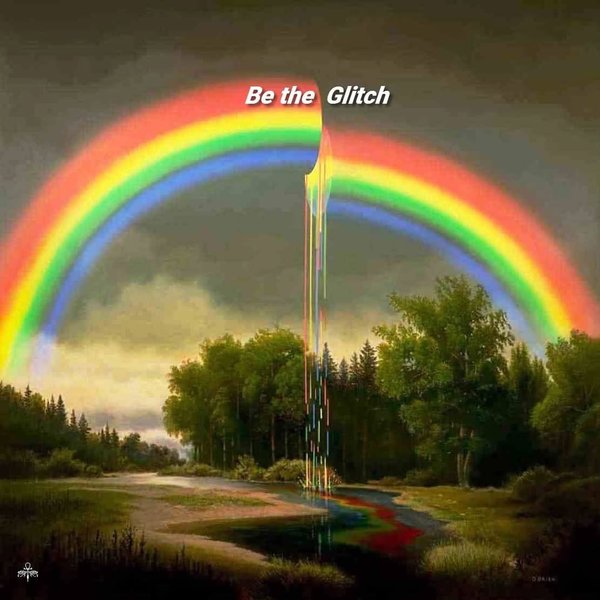on glitches, glimmers, and cracks in the fabric
A glitch is similar in that it is a failure in a minor key, a moment of slippage when the code or the machine blunders and produces an unintended, random output.
Tan Tuck Ming • My Grandmother Glitches the Machine
Challenging imposed narratives of doom by using anomalous phenomena and awe to reopen our sense of possibility
TRANSCRIPT
That's the same thing these magical moments, these inklings of awe, reconnections to each other, or the divine, or the everything. That's what they do.
They're like the deja vu that helps Neo recognize a glitch in the Matrix, or when Katniss shoots an arrow at the sky in Hunger Games to reveal it's just a dome.
Despite all evidence to the contrary,
... See more“The glitch is a wonderful experience of an interruption that shifts an object away from its ordinary form and discourse… But once I named it, the momentum—the glitch—is no more…” For Menkman, the glitch cannot be described or it ceases to be what it claims; it is a lack, a break in the pattern of meaning that forces its own opening.
Tan Tuck Ming • My Grandmother Glitches the Machine

It’s a bit like dreaming, which is always a bit like remembering.








